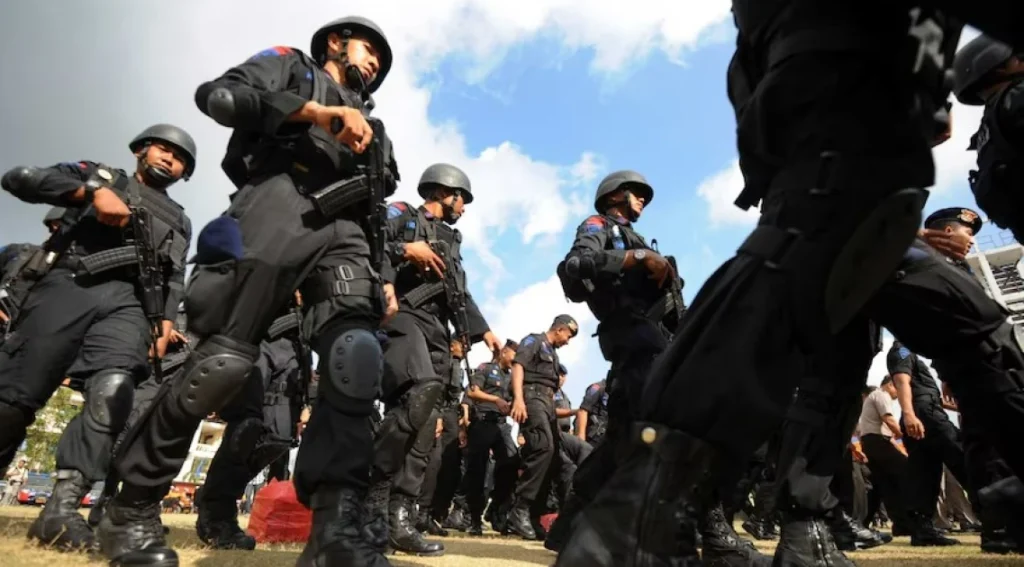Indonesia’s political establishment has agreed to scale back perks for lawmakers following a wave of anti-government protests that have rocked several cities, including the capital Jakarta, over the past week.
President Prabowo Subianto announced on Sunday that the government would reduce certain state-funded allowances and impose a moratorium on overseas trips for legislators in an effort to calm public anger. The decision comes after days of unrest triggered by widespread dissatisfaction with political privilege and broader economic grievances.
The protests were initially fuelled by outrage over a new monthly allowance for parliamentarians, amounting to 50 million rupiah ($3,030; £2,250) nearly 10 times Jakarta’s minimum wage. The discontent deepened after 21-year-old ride-sharing driver Affan Kurniawan was fatally run over by a police vehicle during a rally on Thursday, intensifying public outrage.
Clashes between demonstrators and police escalated into violence over the weekend. Three people died after protesters torched a regional parliament building on Friday night, while in central Jakarta, crowds hurled Molotov cocktails and firecrackers at a police compound, prompting officers to respond with tear gas.
The unrest has disrupted government operations, forcing President Prabowo to cancel a planned trip to China. He warned that while peaceful demonstrations are acceptable, some actions had crossed into “treason and terrorism.” Security forces have been ordered to act firmly against looting and property destruction.
Among the incidents reported, the home of Finance Minister Sri Mulyani Indrawati was targeted by looters, underscoring the volatility of the situation.
Despite the government’s concessions, student leaders signaled that the measures would not be enough to quell public frustration. Muzammil Ihsan, head of the All Indonesian Students’ Executives Body, said protests would likely continue unless deeper structural issues were addressed. “The government must resolve deep-rooted problems,” he told Reuters. “The anger on the streets is not without cause.”
Protesters have demanded higher wages, lower taxes, stronger anti-corruption measures, and restraint from security forces. With pressure mounting, the government faces a pivotal challenge in balancing political reforms with restoring public trust and stability.

